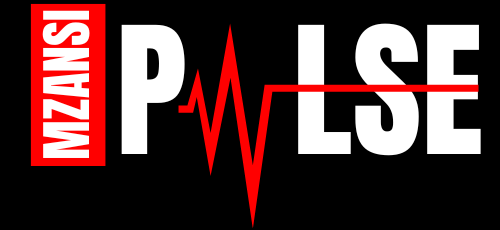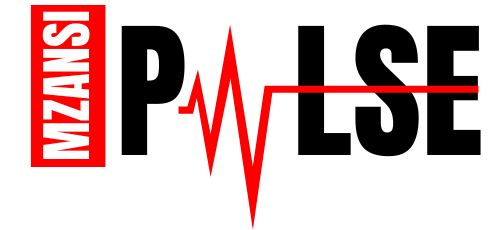“If I had to give one piece of advice to consumers looking for accessible and trusted healthcare, it would be to ask your pharmacist first.”
This is the message from Tanya Ponter, Dispensary Executive at Dis-Chem on World Pharmacists Day, who adds that in the face of rising living costs, it’s time for South Africans to consider their pharmacist as the place where primary healthcare begins.

“Pharmacists are essential providers in the evolving healthcare landscape. They expertise and knowledge is often underestimated and overlooked, yet pharmacists are one of the most accessible and immediate sources of healthcare and wellbeing support, offering free advice, early intervention, and continuity of care without the need for appointments or consultation fees.”
Away from the dispensary counter, pharmacists play diverse and crucial roles in healthcare, working in hospitals, research, industry, regulation, academia and public health. Behind the dispensary counter they are often the most accessible healthcare professional, someone you can speak to without an appointment and at no cost. That level of access, combined with their training, makes them a powerful force in prevention and early detection of disease.
In a country burdened by high rates of HIV/AIDS and chronic conditions such as hypertension and diabetes, pharmacists play a central role in managing these health challenges. They support long-term treatment adherence, provide counselling, and educate patients about their illnesses. Their continuous engagement, particularly with individuals on antiretroviral therapy (ART) or chronic medication, helps reduce complications and avoid hospital readmissions.
Amid growing concerns over antibiotic and antiretroviral resistance, pharmacists are essential in combating these threats. Their extensive training allows them to understand the biology, pharmacology and chemistry behind medicine, ensuring the right dosage and usage. They help ensure that prescriptions are accurate and followed correctly, while also educating patients and healthcare providers about the risks of misuse. This way, they contribute to preventing the development and spread of drug-resistant strains.
Beyond only dispensing medication, pharmacists ask follow-up questions that matter, pick up on what may be unsaid, provide advice on possible side effects of medication, and spot early warning signs before conditions worsen.
For many patients, especially those managing chronic illnesses, a pharmacist is the most frequent healthcare touchpoint, making them vital to starting conversations that lead to timely care and intervention.
Ponter says it’s a myth that pharmacists work in isolation without consulting other healthcare professionals. They are the entry point to healthcare and in a retail pharmacy environment, are central to collaboration to ensure convenient, affordable access to the next point of care. They refer patients to clinic sisters for wellness checks and virtual consultations and consult with doctors on prescription concerns or questions.
“The best way of maximizing the benefits of primary healthcare is to view it as a team sport, captained by pharmacists. They are trained healthcare professionals, bringing knowledge, care, and connection to each patient interaction. Improved health outcomes often begin with a single, meaningful conversation across the pharmacy counter,” Ponter concludes.
- Mzansi Pulsehttps://mzansipulse.co.za/author/gandg_desk/
- Mzansi Pulsehttps://mzansipulse.co.za/author/gandg_desk/
- Mzansi Pulsehttps://mzansipulse.co.za/author/gandg_desk/
- Mzansi Pulsehttps://mzansipulse.co.za/author/gandg_desk/


